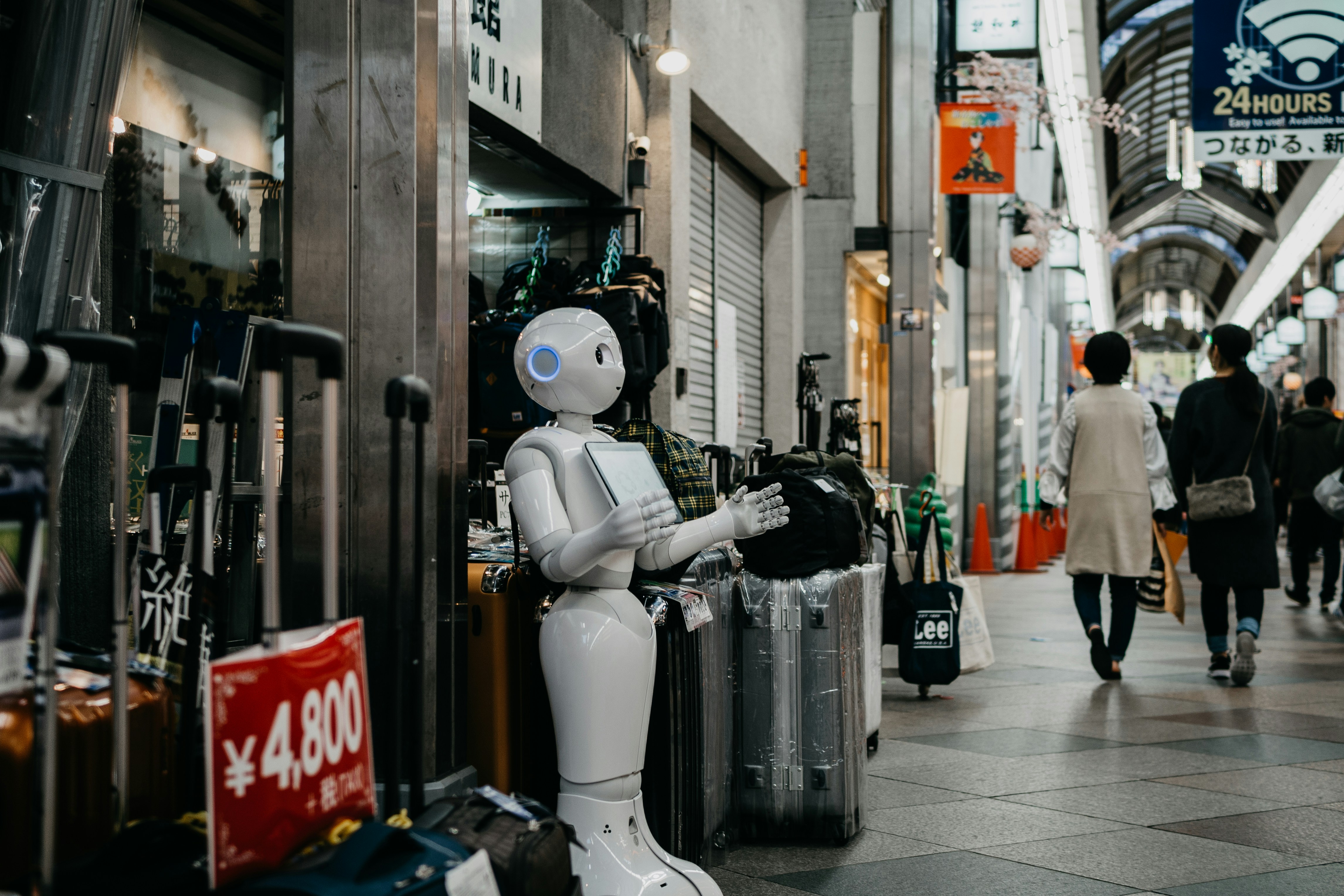
Artificial Intelligence (AI) continues to revolutionize industries worldwide, introducing groundbreaking innovations that enhance efficiency, productivity, and user experiences. As we progress through 2025, several notable AI advancements are making significant impacts across various sectors. Here’s a look at the most recent developments:
1. Autonomous AI Agents in the Workplace
Microsoft has unveiled advanced AI bots, known as "autonomous agents," designed to handle complex office tasks. These agents can understand and execute tasks such as monitoring emails and performing routine activities around the clock, thereby boosting workplace productivity. Companies like McKinsey have already implemented these agents to process client proposals, highlighting a significant shift in service industries powered by AI.
2. Apple's AI Integration in Consumer Technology
Apple has launched iOS 18, a free software update that brings advanced AI capabilities to its iPhone 16 lineup. This update enhances the virtual assistant Siri, providing advanced writing, proofreading, and photo editing tools. Notably, the AI processes tasks directly on the device, emphasizing user privacy. Future updates are expected to further integrate AI features, including customized emojis and the incorporation of OpenAI's ChatGPT.
3. Google's Gemini 2.0: Advancing AI Autonomy
Google has introduced Gemini 2.0, its latest AI model focusing on enhancing the autonomy and problem-solving capabilities of AI agents. Unlike its predecessor, Gemini 2.0 enables AI to act more independently, solving multi-step problems with minimal human supervision. Features include a "Deep Research" tool that compiles comprehensive reports from web information. Google plans to integrate Gemini 2.0 into its AI Overviews in Search, aiming to improve performance for complex queries.
4. AI Innovations in the Fashion Industry
The fashion industry is leveraging AI to enhance content creation and consumer engagement. Tools like Adobe Express have become popular among fashion influencers for simplifying the creation of engaging content. Recent AI features include mood board creation, content optimization tips, and background object removal for improved photo aesthetics. These advancements make creativity more accessible, from professional content creators to casual users.
5. AI-Driven Resale Marketplaces
Online resale platforms are adopting AI to overcome challenges such as unpredictable inventory and quality issues. AI assists in data input, item authentication, demand prediction, pricing, and enhancing search functionalities, reducing reliance on human intervention. Companies like eBay, The RealReal, ThredUp, and Depop are investing in these technologies to improve efficiency and profitability. The global secondhand market is projected to reach $350 billion by 2028, with AI playing a crucial role in this growth.
6. AI Advancements in Chinese Technology Firms
Leading Chinese tech companies, such as Xiaomi and Baidu, are making significant strides in AI innovations. Despite global challenges, these firms are developing AI products tailored for the vast domestic market. Baidu has launched a text-to-image generation tool and plans to release AI glasses and expand its robotaxi service. Xiaomi is enhancing its AI capabilities through its HyperOS and IoT ecosystem, integrating AI into various aspects of daily life.
Conclusion
The year 2025 is witnessing remarkable AI innovations across multiple industries, from workplace automation and consumer technology to fashion and resale marketplaces. As AI continues to evolve, its integration into various sectors underscores its transformative potential, driving efficiency, enhancing user experiences, and opening new avenues for growth.


